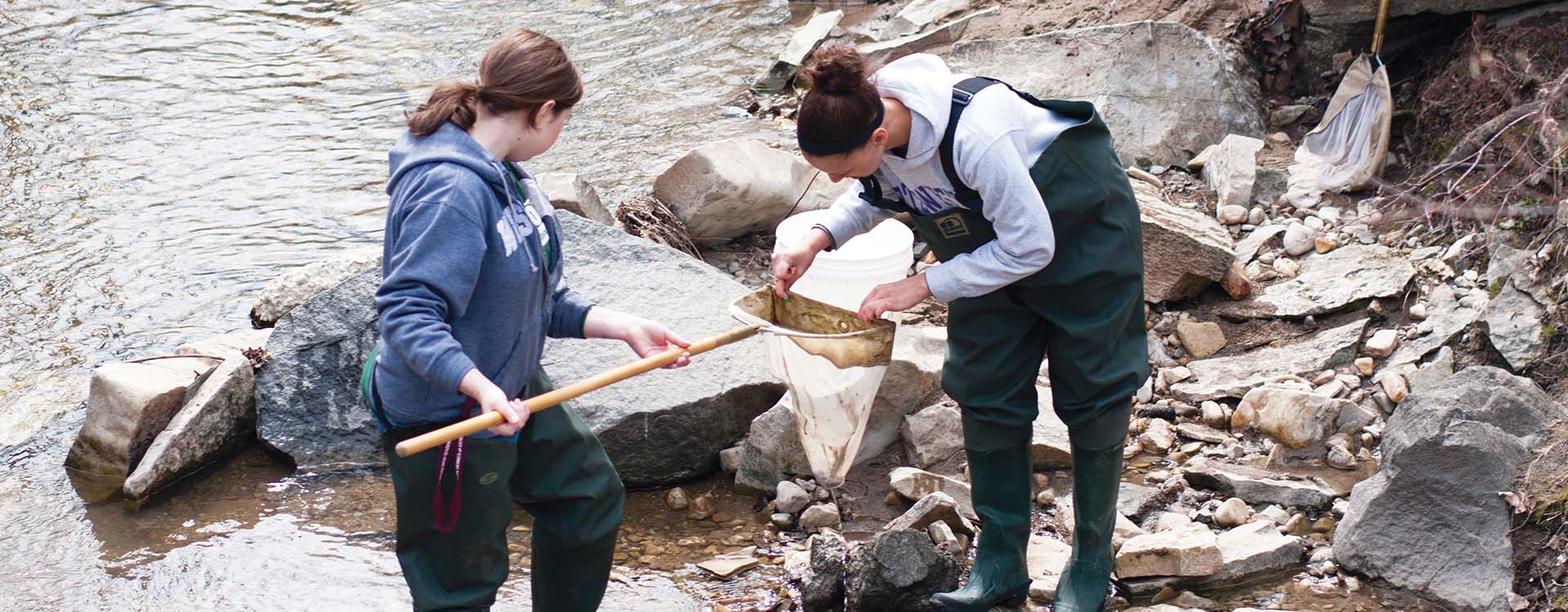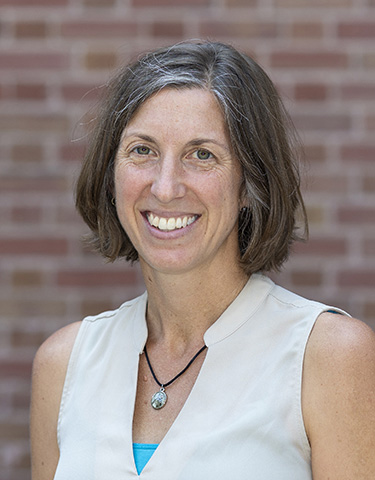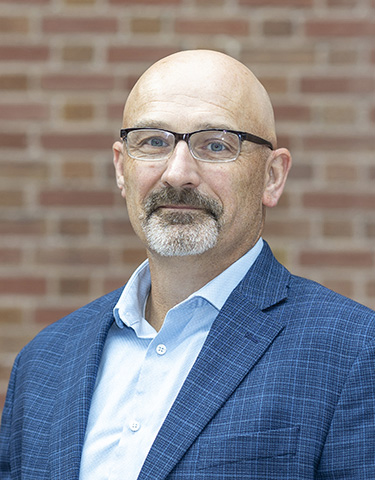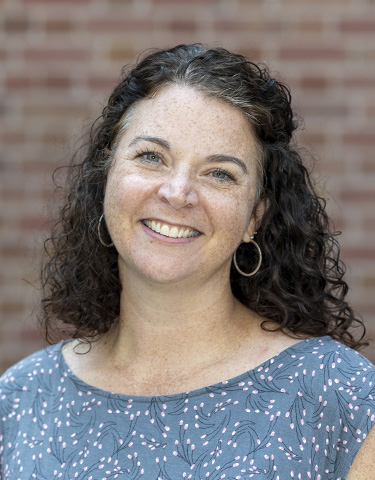Your natural curiosity and awe at the complexities of life and God’s creations are right at home as a biology major at WLC.
Immersive learning in classrooms, labs, and beyond
- Work side-by-side with professors in classes and research to better understand organisms as seemingly simple as viruses, to the incredibly complex human body.
- Value how soil and plants form the essential foundation of life on earth and how insects are critical components of ecosystems.
- Manipulate DNA, investigate how viruses like COVID-19 and bacteria infect, and learn how humans physically and immunologically combat microbes.
- Assess the health of local waterways and engage in conservation research in marine habitats.
- Appreciate the beauty and intricacy of the human body using cutting-edge technology and human cadaver study.
From your very first introductory science classes you’ll have the opportunity to go beyond the book and learn by doing. This culminates in your senior research project in which you design, execute and share your original research ideas. Recent students have presented the results of their senior research project at the National Conference for Undergraduate Research and the Milwaukee-area Undergraduate Biological Research Conference.
Your experience in the biology program, and with your classmates, will be a lot of fun, and when you graduate, you’ll be ready for a professional and meaningful career.
Excel in a supporting and nurturing environment
Our biology majors have consistently scored above the national average compared to their peers at other American colleges and universities in the ETS major field test in biology and nearly 35% continue their education in graduate or professional school.
Participate in impressive undergraduate research
The number of faculty-guided undergraduate research projects is always growing.
You may be able to help faculty on research projects like aquatic ecology in local and tropical watersheds, molecular genetics to engineer microbial phosphate biosensors, heart development and non-embryonic stem cell biology, field and greenhouse soil science, subcelluar workings of bacteria to identify targets for new antibiotics, genetics of plant development, and infectious diseases.
You may also have the opportunity to attend and present at national conferences, contribute to academic journals, and take part in academic competitions.
Work alongside expert faculty and enthusiastic researchers
Our students learn by working closely with faculty who are not only dedicated teachers, but also enthusiastic researchers. Like professors at many major research universities, nearly all WLC faculty members in the biology department hold a doctorate degree and have made meaningful contributions to their field of expertise. But unlike these larger schools, you will never find yourself supervised by a teaching assistant.










